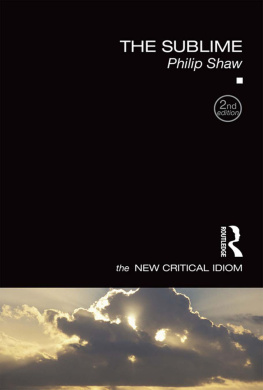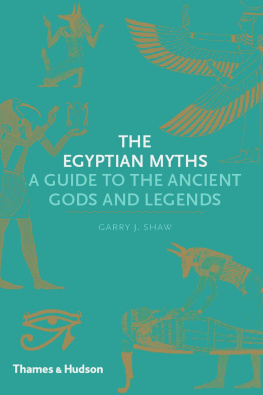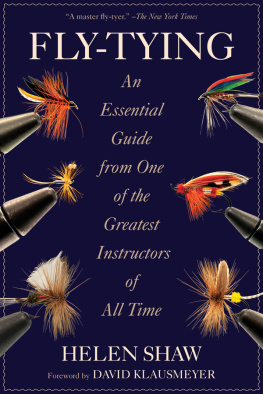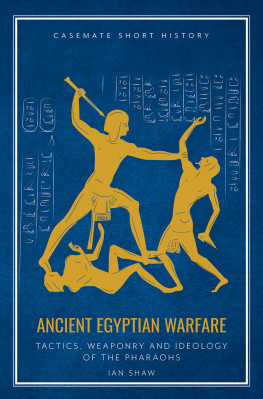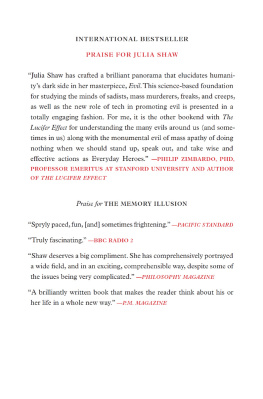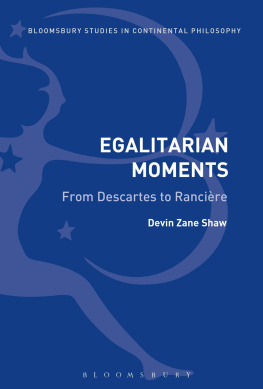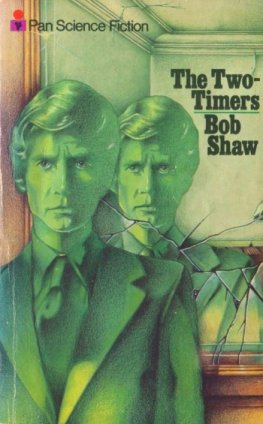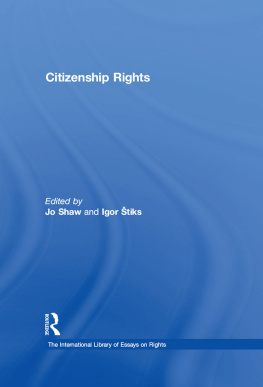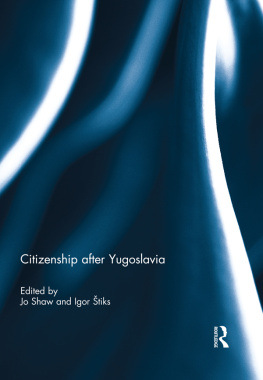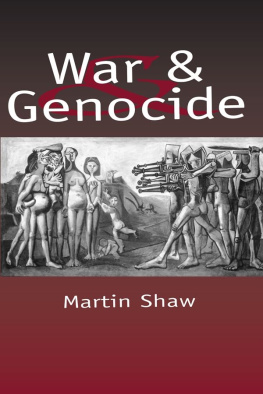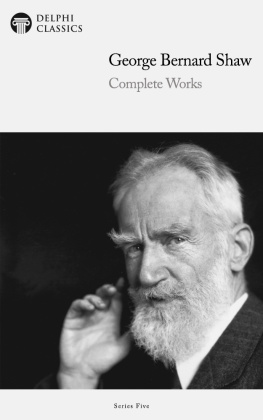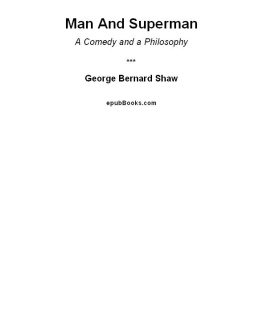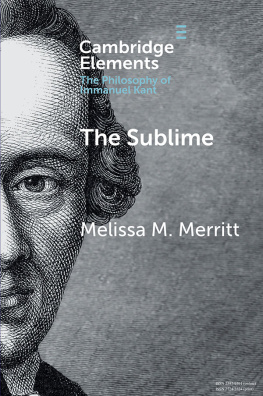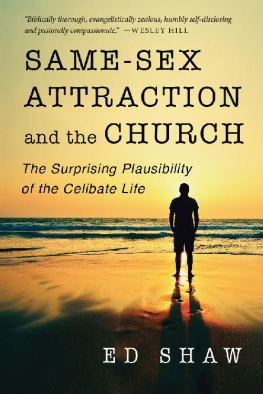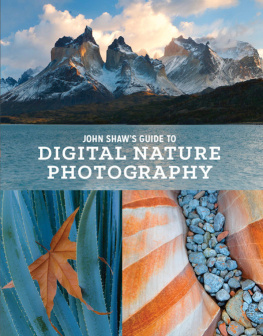Shaw - The Sublime
Here you can read online Shaw - The Sublime full text of the book (entire story) in english for free. Download pdf and epub, get meaning, cover and reviews about this ebook. City: London, year: 2017, publisher: Routledge, genre: Romance novel. Description of the work, (preface) as well as reviews are available. Best literature library LitArk.com created for fans of good reading and offers a wide selection of genres:
Romance novel
Science fiction
Adventure
Detective
Science
History
Home and family
Prose
Art
Politics
Computer
Non-fiction
Religion
Business
Children
Humor
Choose a favorite category and find really read worthwhile books. Enjoy immersion in the world of imagination, feel the emotions of the characters or learn something new for yourself, make an fascinating discovery.
- Book:The Sublime
- Author:
- Publisher:Routledge
- Genre:
- Year:2017
- City:London
- Rating:5 / 5
- Favourites:Add to favourites
- Your mark:
- 100
- 1
- 2
- 3
- 4
- 5
The Sublime: summary, description and annotation
We offer to read an annotation, description, summary or preface (depends on what the author of the book "The Sublime" wrote himself). If you haven't found the necessary information about the book — write in the comments, we will try to find it.
The Sublime — read online for free the complete book (whole text) full work
Below is the text of the book, divided by pages. System saving the place of the last page read, allows you to conveniently read the book "The Sublime" online for free, without having to search again every time where you left off. Put a bookmark, and you can go to the page where you finished reading at any time.
Font size:
Interval:
Bookmark:

Related to ideas of the great, the awe-inspiring and the overpowering, the sublime has been debated for centuries amongst writers, artists, philosophers and theorists and has become a complex yet crucial concept in many disciplines.
In this thoroughly updated edition, Philip Shaw looks at:
- Early modern and post-Romantic conceptions of the sublime in two brand new chapters
- The legacy of the earliest classical theories, through those of the long eighteenth century to modernist, postmodernist and avant-garde conceptions of the sublime
- Critical Introductions to major theorists of the sublime such as Longinus, Burke, Kant, Schopenhauer, Nietzsche, Derrida, Lyotard, Lacan and iek
- The significance of the concept through a range of literary readings, including the Old and New Testaments, Homer, Milton and writings from the Romantic period to the present day
- How the concept of the sublime has affected other art forms such as painting and film, from abstract expressionism to David Lynchs neo- noir
- The influence of the sublime on recent debates in the fields of politics, theology and psychoanalysis.
Offering historical overviews and explanations, this remarkably clear study is essential reading for students of literature, critical and cultural theory.
Philip Shaw is Professor of Romantic Studies in the School of Arts at the University of Leicester, UK.
SERIES EDITOR: JOHN DRAKAKIS, UNIVERSITY OF STIRLING
The New Critical Idiom is an invaluable series of introductory guides to todays critical terminology. Each book:
- provides a handy, explanatory guide to the use (and abuse) of the term;
- offers an original and distinctive overview by a leading literary and cultural critic;
- relates the term to the larger field of cultural representation.
With a strong emphasis on clarity, lively debate and the widest possible breadth of examples, The New Critical Idiom is an indispensable approach to key topics in literary studies.
Also available in this series:
Adaptation and Appropriation second edition by Julie Sanders
The Aphorism and Other Short Forms by Ben Grant
Autobiography second edition by Linda Anderson
Colonialism/Postcolonialism third edition by Ania Loomba
Comedy second edition by Andrew Stott
Dialogue by Peter Womack
Ecocriticism second edition by Greg Garrard
Epic by Paul Innes
Fairy Tale by Andrew Teverson
Genre second edition by John Frow
Gothic second edition by Fred Botting
Grotesque by Justin D. Edwards and Rune Graulund
Interdisciplinarity second edition by Joe Moran
Intertextuality second edition by Graham Allen
Modernism second edition by Peter Childs
Narrative second edition by Paul Cobley
Romanticism second edition by Aidan Day
Sexuality second edition by Joseph Bristow
The Sublime second edition by Philip Shaw
Temporalities by Russell West-Pavlov
Translation by Susan Bassnett
Travel Writing by Carl Thompson
Second Edition
Philip Shaw

Second edition published 2017
by Routledge
2 Park Square, Milton Park, Abingdon, Oxon OX14 4RN
and by Routledge
711 Third Avenue, New York, NY 10017
Routledge is an imprint of the Taylor & Francis Group, an informa business
2017 Philip Shaw
The right of Philip Shaw to be identified as author of this work has been asserted by him in accordance with sections 77 and 78 of the Copyright, Designs and Patents Act 1988.
All rights reserved. No part of this book may be reprinted or reproduced or utilised in any form or by any electronic, mechanical, or other means, now known or hereafter invented, including photocopying and recording, or in any information storage or retrieval system, without permission in writing from the publishers.
Trademark notice : Product or corporate names may be trademarks or registered trademarks, and are used only for identification and explanation without intent to infringe.
First edition published by Routledge 2006
British Library Cataloguing-in-Publication Data
A catalogue record for this book is available from the British Library
Library of Congress Cataloging-in-Publication Data
Names: Shaw, Philip, author.
Title: The sublime / Philip Shaw.
Description: 2nd edition. | New York: Routledge, 2017. | Series: The new critical idiom | Includes bibliographical references.
Identifiers: LCCN 2016036100 | ISBN 9781138859630 (hardback) | ISBN 9781138859647 (pbk.) | ISBN 9781317508861 (epub) | ISBN 9781317508854 (mobipocket/kindle)
Subjects: LCSH: Sublime, TheHistory.
Classification: LCC BH301.S7 S53 2017 | DDC 111/.85dc23
LC record available at https://lccn.loc.gov/2016036100
ISBN: 978-1-138-85963-0 (hbk)
ISBN: 978-1-138-85964-7 (pbk)
ISBN: 978-1-315-71706-7 (ebk)
Typeset in Times New Roman
by Apex CoVantage, LLC
For Betty and Olive
The New Critical Idiom is a series of introductory books which seeks to extend the lexicon of literary terms, in order to address the radical changes which have taken place in the study of literature during the last decades of the twentieth century. The aim is to provide clear, well-illustrated accounts of the full range of terminology currently in use, and to evolve histories of its changing usage.
The current state of the discipline of literary studies is one where there is considerable debate concerning basic questions of terminology. This involves, among other things, the boundaries which distinguish the literary from the non-literary; the position of literature within the larger sphere of culture; the relationship between literatures of different cultures; and questions concerning the relation of literary to other cultural forms within the context of interdisciplinary studies.
It is clear that the field of literary criticism and theory is a dynamic and heterogeneous one. The present need is for individual volumes on terms which combine clarity of exposition with an adventurousness of perspective and a breadth of application. Each volume will contain as part of its apparatus some indication of the direction in which the definition of particular terms is likely to move, as well as expanding the disciplinary boundaries within which some of these terms have been traditionally contained. This will involve some re-situation of terms within the larger field of cultural representation, and will introduce examples from the area of film and the modern media in addition to examples from a variety of literary texts.
Numerous friends and colleagues have assisted in the preparation of this book. I wish to thank, in particular, Tom Bristow, Michael Davies, Emma Kimberley, Anshuman Mondal, Vince Newey, Mark Rawlinson, and Peter Spratley for their comments and advice. I am grateful to Douglas Burnham and to Michael John Kooy for their help with Kant and to Nick Everett and Alison Morgan for the extended book loans.
For this second edition, I wish to thank Christine Battersby, Tom Bristow (again), Patrick Cheney, Henry Day, Neli Dobreva, Peter Francev, Scott Freer, Lydia Hamlett, Sarah Hibberd, Gavin Hopps, Theresa Jones, Charles Martindale, Simon Morley, Christine Riding, Miranda Stanyon, Christopher Stokes, John Timberlake, David Tress, Steven Vine and Angela Woods. My thanks to Sarah Knight must be infinite and without borders.
Font size:
Interval:
Bookmark:
Similar books «The Sublime»
Look at similar books to The Sublime. We have selected literature similar in name and meaning in the hope of providing readers with more options to find new, interesting, not yet read works.
Discussion, reviews of the book The Sublime and just readers' own opinions. Leave your comments, write what you think about the work, its meaning or the main characters. Specify what exactly you liked and what you didn't like, and why you think so.

